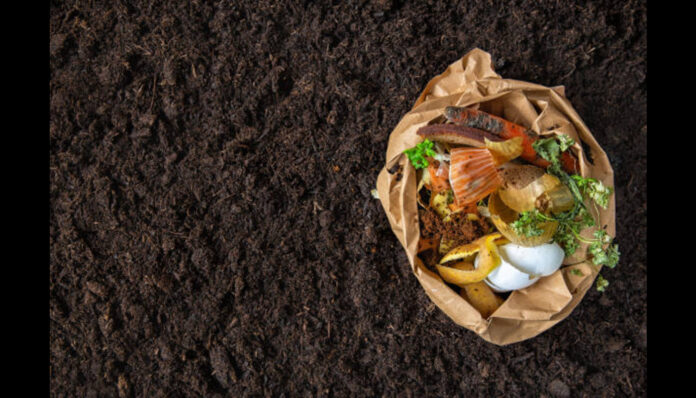Composting is a simple and effective way to recycle organic waste and transform it into nutrient-rich soil. It not only reduces the amount of waste that ends up in landfills but also provides an eco-friendly alternative to chemical fertilizers. If you’re new to composting, this beginner’s guide will walk you through the process, step by step, helping you contribute to a greener future.
Understanding the Basics:
Composting is a natural process that decomposes organic materials, such as food scraps, yard waste, and paper, into a dark, crumbly substance known as compost. To begin composting, you’ll need a few key ingredients: “greens” (nitrogen-rich materials like fruit peels and grass clippings), “browns” (carbon-rich materials like leaves and newspaper), air, water, and microorganisms.
Setting Up Your Compost Bin:
Choose a suitable location for your compost bin, ensuring it has proper drainage and is easily accessible. You can either purchase a compost bin or make your own using materials like wood, wire mesh, or plastic. Once you have your bin, start layering your compost materials, alternating between greens and browns, while also adding water to keep the compost moist.
Maintaining the Compost:
To facilitate the decomposition process, it’s important to maintain the right balance of moisture, oxygen, and temperature. Turning or mixing the compost regularly aerates it and helps distribute moisture evenly. You can use a garden fork or shovel to turn the pile every few weeks. Monitoring the temperature is also crucial, as the compost should ideally reach temperatures between 135°F and 160°F (57°C to 71°C) to kill pathogens and weed seeds.
What to Compost and What to Avoid:
A wide variety of organic materials can be composted, including fruit and vegetable scraps, coffee grounds, eggshells, yard trimmings, and shredded paper. However, it’s important to avoid composting meat, dairy products, oily food waste, and pet waste, as they can attract pests and may not decompose properly.
Troubleshooting Common Issues:
Composting is a natural process and sometimes challenges may arise. If your compost smells bad, it may be too wet or lacking sufficient airflow. Adding more browns and turning the pile can help alleviate this issue. Similarly, if your compost isn’t decomposing, it may lack nitrogen-rich greens or require more frequent turning.
Using Your Finished Compost:
Once the composting process is complete, usually within a few months to a year, the resulting compost will be a dark, earthy-smelling material. This nutrient-rich soil amendment can be used in your garden, flower beds, or potted plants to improve soil fertility, water retention, and overall plant health.
Conclusion:
Composting is an accessible and environmentally friendly practice that anyone can adopt. By diverting organic waste from landfills and creating nutrient-rich compost, you can contribute to a greener future and enhance the health and vitality of your plants. So, grab a compost bin and get started on your journey toward sustainability today!


